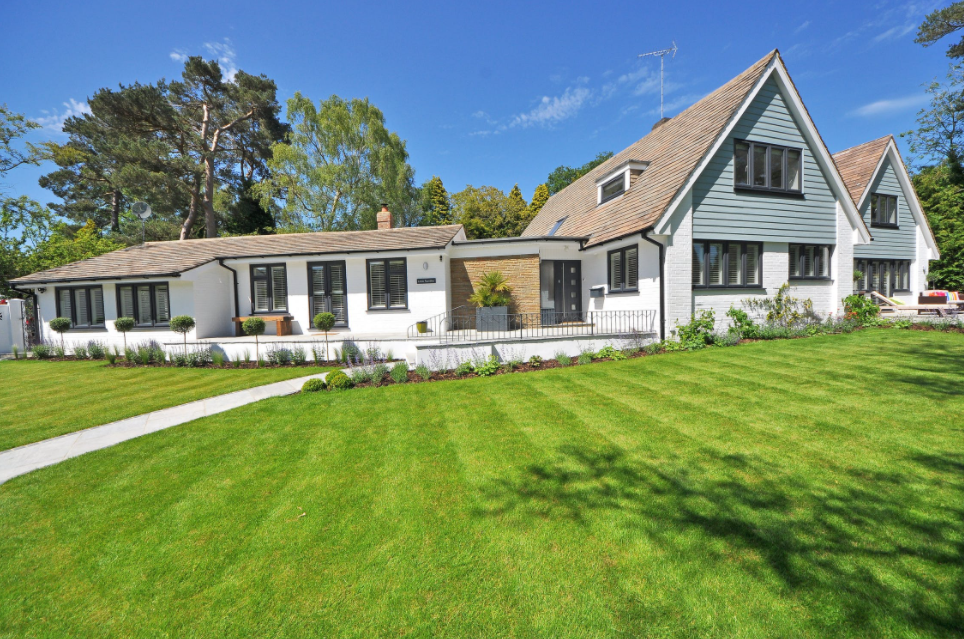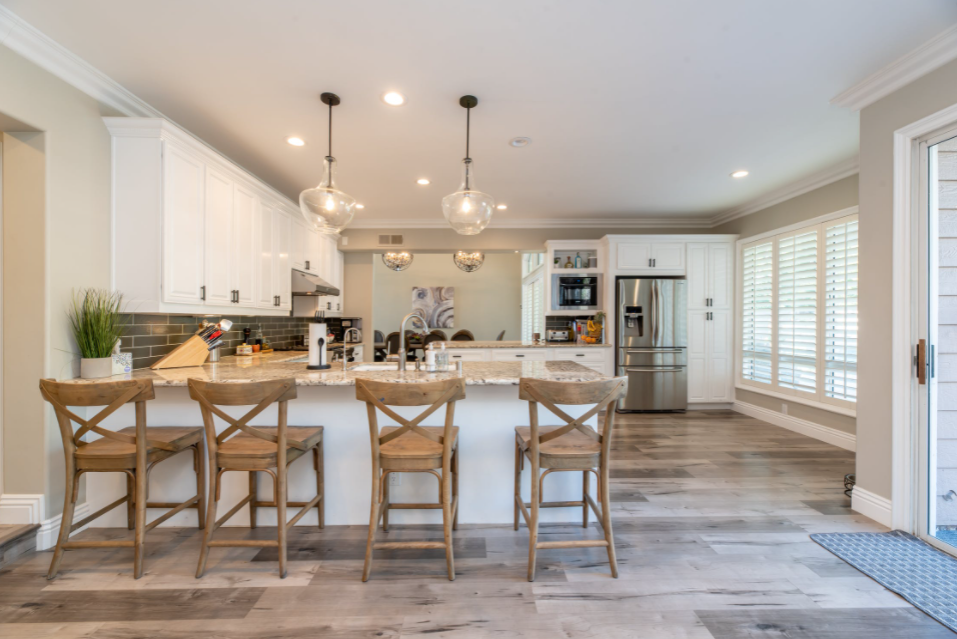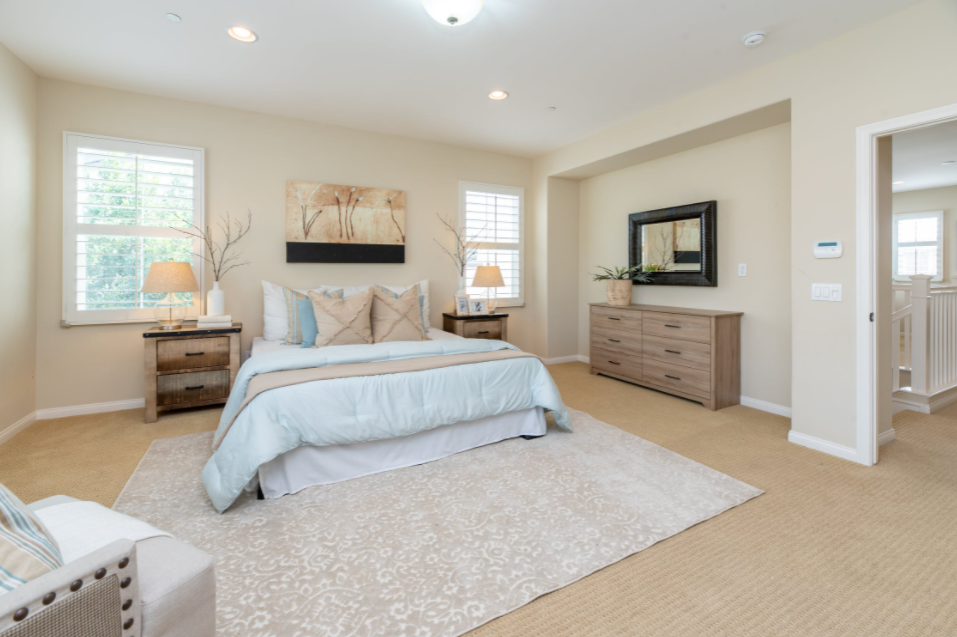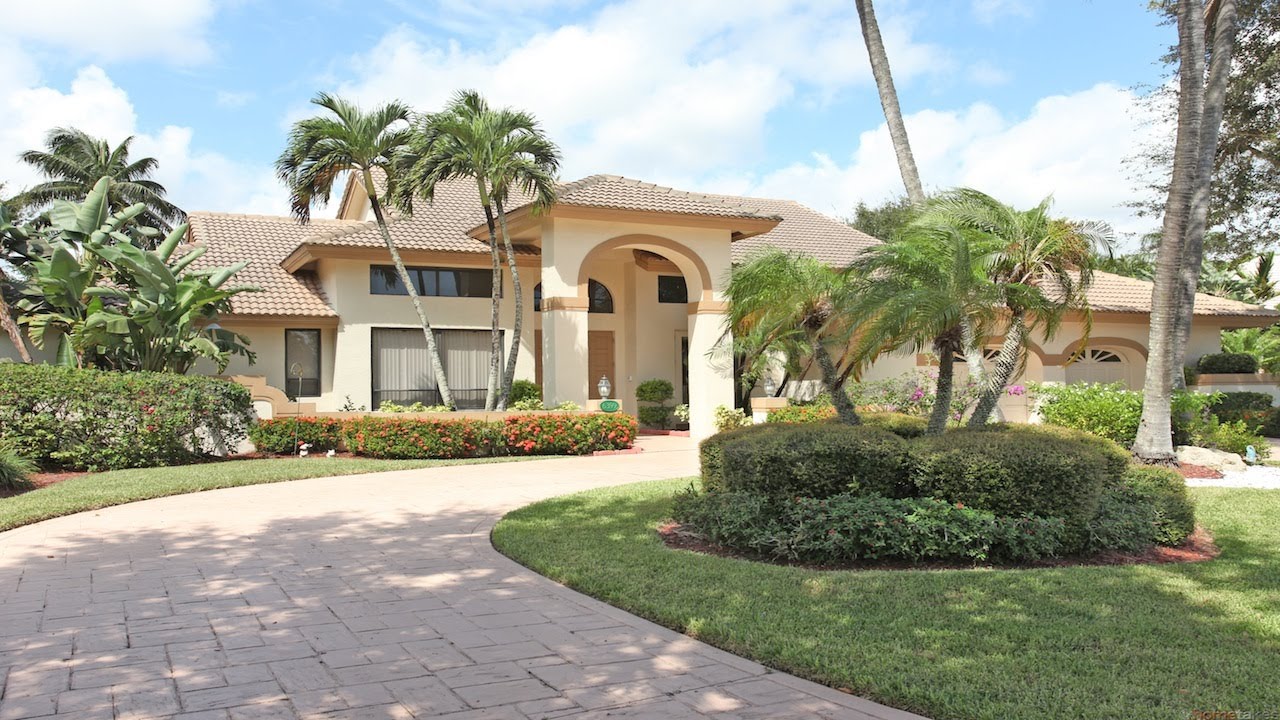What Should You Check Before Buying a House?

Are you thinking of buying a house? For most people, owning a home is a dream come true!

Photos By: Stock Images
It can be a daunting task, sometimes overwhelming. But it should not be. Shopping for a house should be fun and easy and should lead to a satisfactory purchase. That said, we have curated a checklist of the most important things to consider before making a house purchase.
1. Proximity to Social Amenities
It is highly advisable to get a house in a residential space that offers a wide range of social amenities in proximity. You may opt to go for luxurious amenities such as a spa, library, restaurants, or gym where you can step out of your home and into comfort. However, amenities like schools, hospitals, shops and religious places of worship are of the most importance. It is best to prioritize your health and family needs when deciding on the ideal proximity of amenities.
2. The Location
The location of a house is an equally critical factor in the homeownership journey. It is a major determinant of the price of any property. If you’re looking to buy a holiday home or one in a centralized location, check local real estate listings for the most suitable location. It is also wise to choose peaceful and safe neighborhoods. If you’re concerned about who your neighbors could be, a quick run through Nuwber can help you uncover who your potential future mates are.
Areas with high crime prevalence are more likely to be less expensive. Living in a gated community has also been seen to be a safer option. The ideal location of your house should also depend on the availability of public transport.

3. The Size of The Rooms
Every room in a house plays an important role, some with more key roles than others. Having a standard size for rooms in a house is invaluable. The size can, however, change slightly depending on your needs, family size, or preference. Knowing that your desired home has the right sizes for all the rooms makes the place more habitable and comfortable to live in. It helps to know that a house has enough space to accommodate extra people when the need arises.
While at it, check the functionality of sockets and other appliances in the room, such as air conditioning and lighting.
4. Number of Bedrooms and Bathrooms
If you are looking to buy a house for your family, you do not wish for a tight squeeze or an uncomfortable stay. The number of bedrooms will depend on what you plan to use them for and how. For instance, you can choose one bedroom as your home office, or your children could share some bedrooms depending on the size. Nevertheless, the final decision depends on how best your needs will be met. Details like privacy when using the bathroom and proximity to the bedrooms could also be a vital consideration.
5. Basement and Attic
When checking the basement and the attic, ensure that the construction was completed. Most constructors leave them in a less than desirable state. Most homeowners extend their living rooms to the basement or use them as theatres. Check for any water leaks or damages to the piping systems. Some pointers would be the growth of molds and musty smells. Damages on the attic and basement could be expensive to repair. Also, check for easy access, lighting, and ventilation if you wish to use your basement or attic as an additional living space.
6. The Exterior of the House
Do not be too excited about the interior of a house that you forget about the importance of the exterior. If you are looking for a pleasing lawn or do not trust your agent enough with the house inspection, it is always good to double-check for certainty. After all, this will be your property, and you want everything about it to be perfect.
The exterior components to check are the roof, foundation, and exterior walls. The painting of the house’s exterior can be redone if it is not satisfactory. Some important aspects, such as a deteriorating roof or a cracked wall, could be an uncalled-for expense later on. The landscape is also an important outdoors factor that needs attention. This can, however, be modified once you own the property. Be keen when looking for signs of damage and disrepair, such as jammed-up doors and windows, peeling paint, and cracks. If you are not confident about doing the inspection, you can get a professional to do it for you. You also need to consider the garage and parking space availability depending on how many cars you have.

7. The Finances
The house’s value will determine whether you can afford the property or not. It is important to examine the finance, mortgage, and associated costs of maintaining the house to see if it matches your budget. If you’re a responsible homeowner, you should check both short-term and long-term factors that will directly or indirectly influence your finances before buying a house.
The affordability of the home is crucial. This critically depends on the insurance, mortgage, taxes, utility, and other associated costs. Your credit score is also another important point of consideration. A high credit score will save you thousands of interest charges. If you are an investor and are looking to resell your house in years to come, consider checking the home’s resale value.
8. The Builder’s Paperwork
If you are a first-time homebuyer, this step can prove to be a bit trickier than anticipated. The documents required depend on the type of house you are looking to buy. The building approval plan shows that the builder got the necessary sanctions under the law provisions. This document contains the building plan and the layout approval. Other documents that need to be checked are the sale deed, mother deed, possession letter, and completion certificate. Not meeting the terms and conditions for these documents could land you into problems with the authorities.
Conclusion
Buying a home is a critical decision that should only be taken after carefully considering all the factors encompassing it. Being thorough with the research and assessment helps you purchase a home that is best suited for you and your needs.






